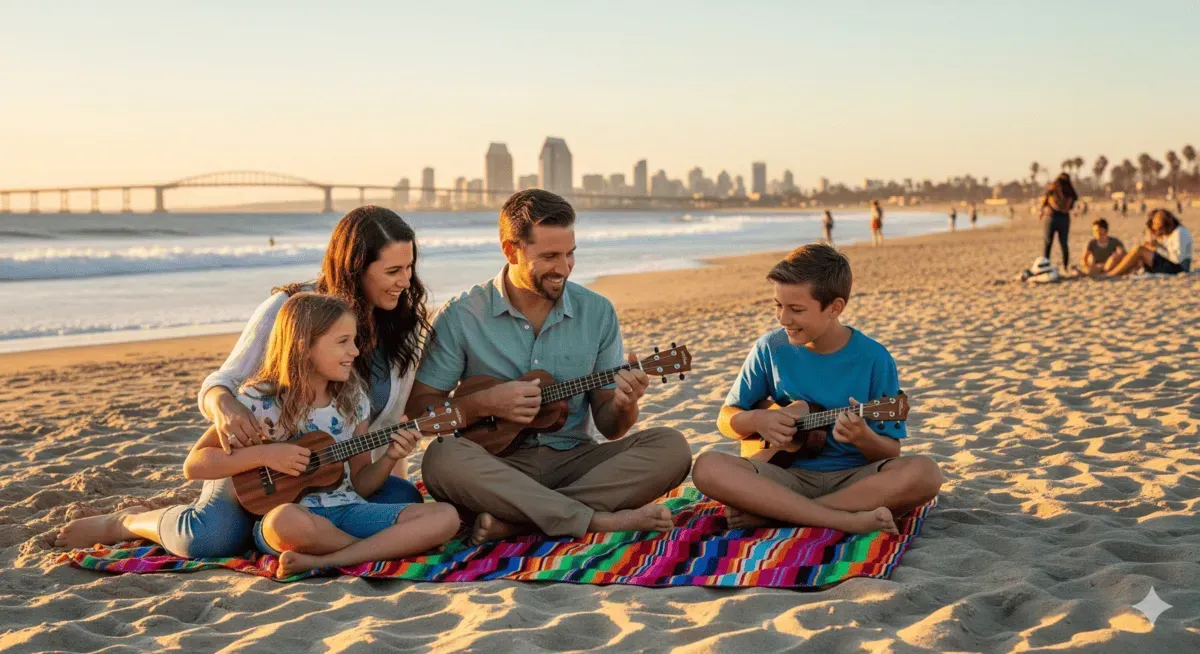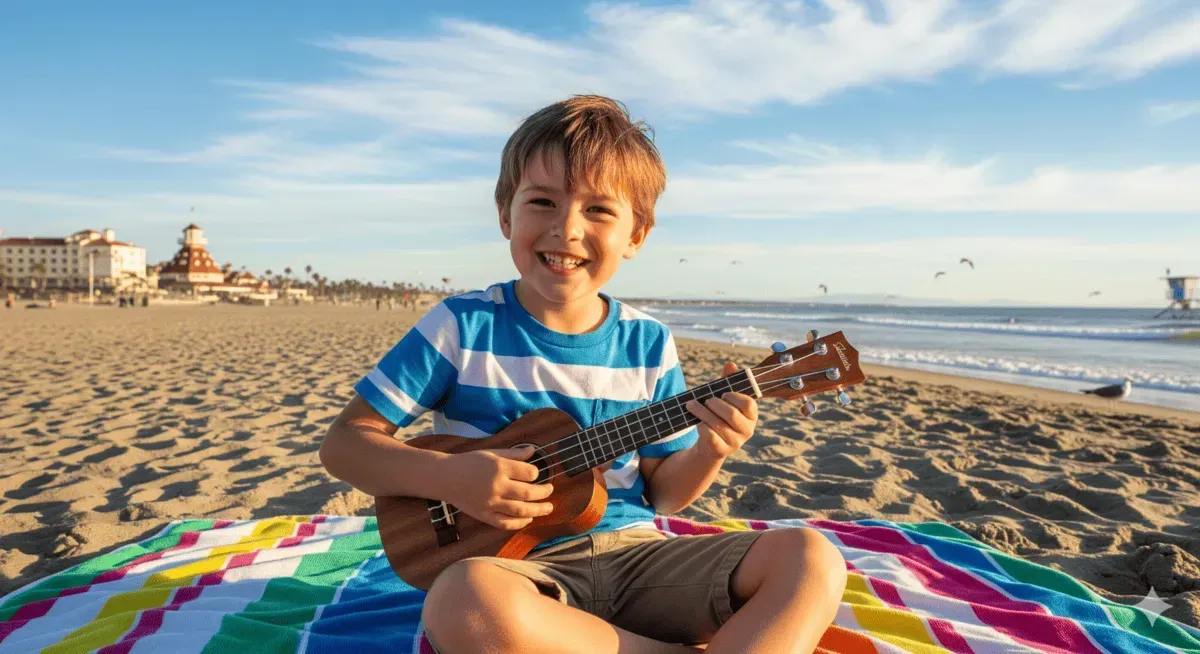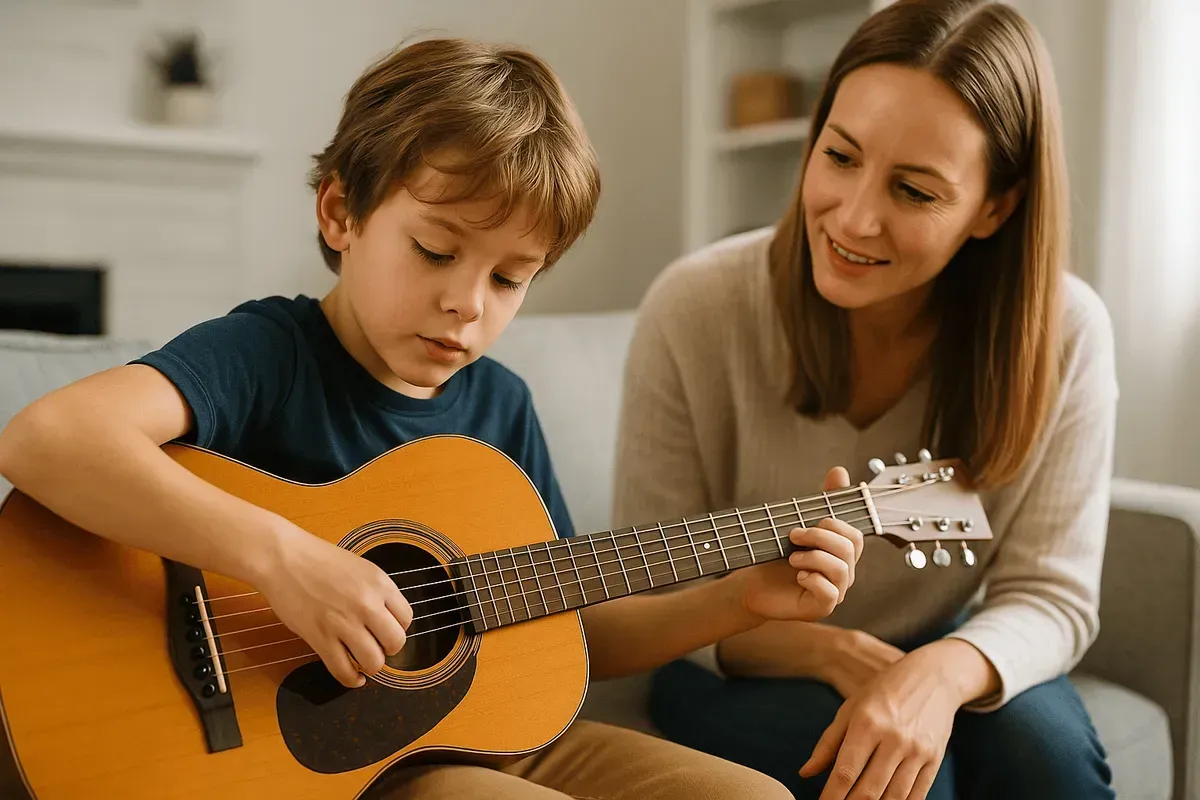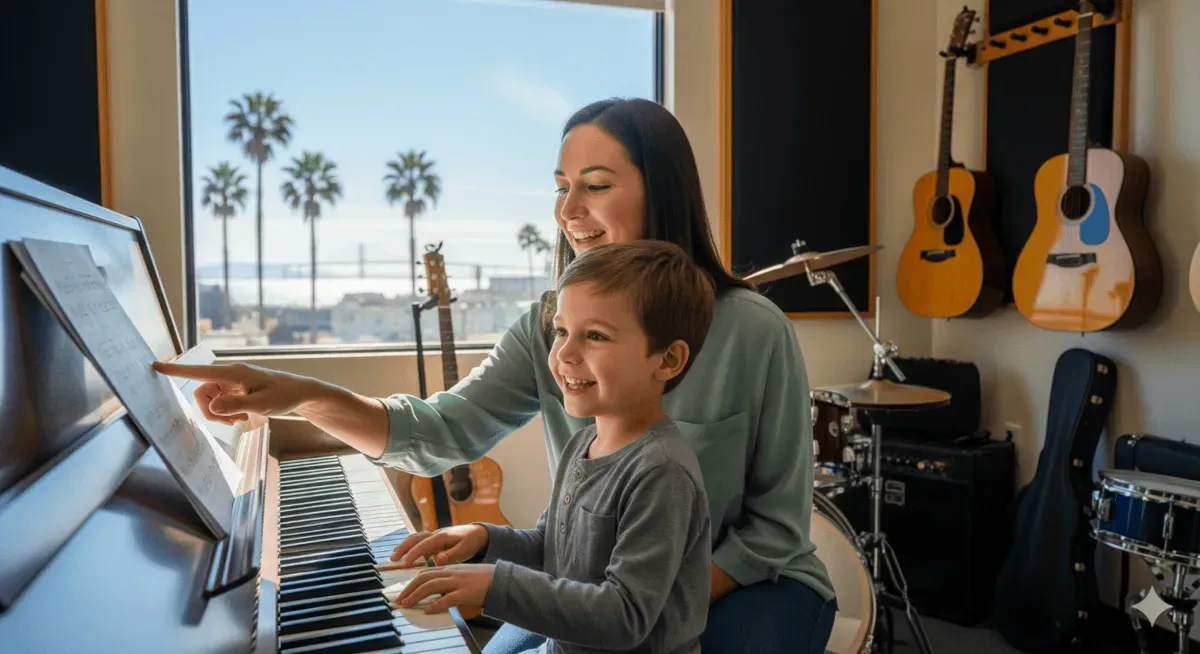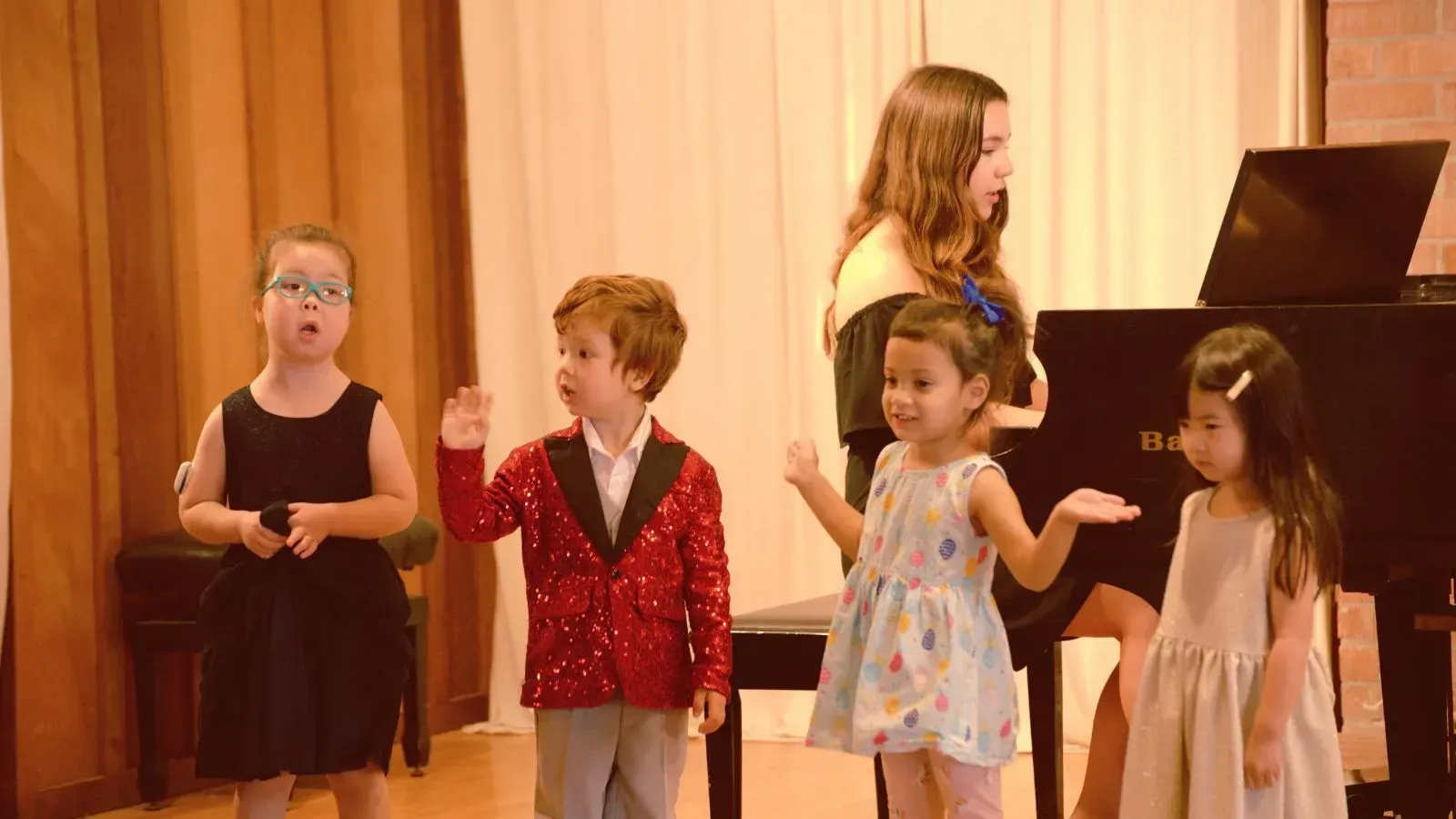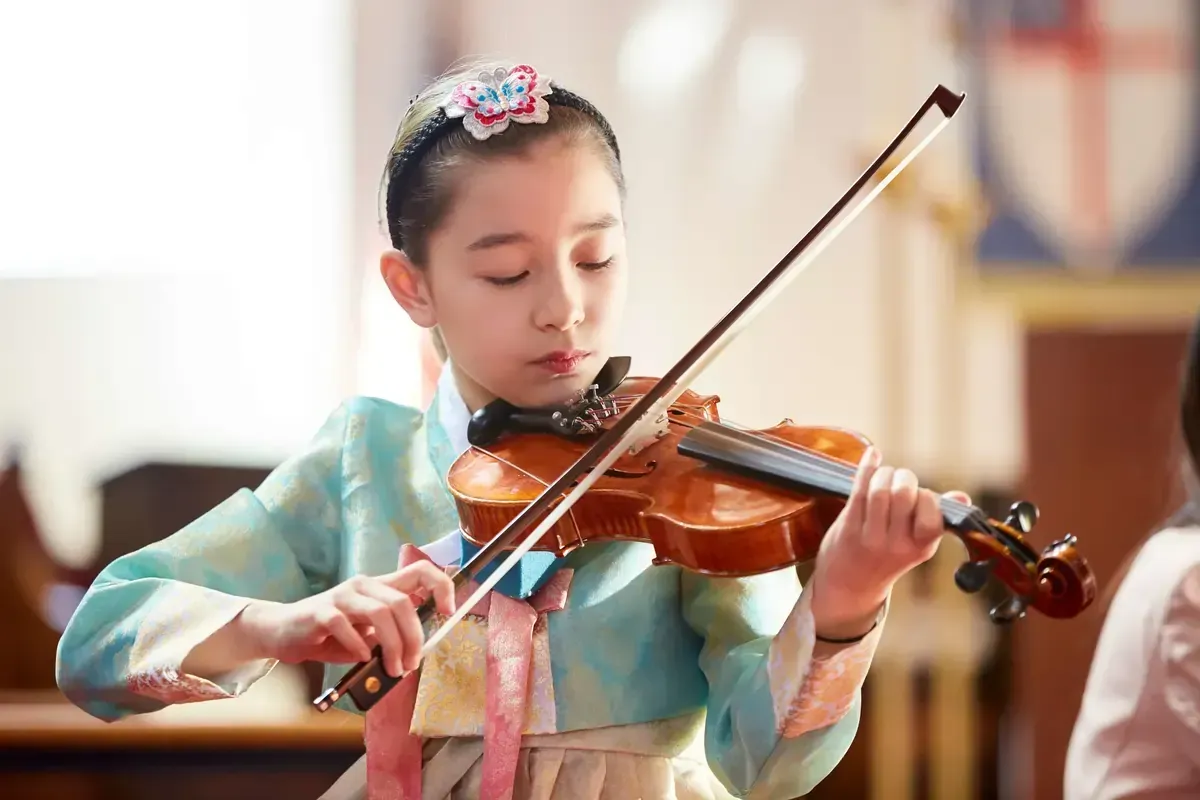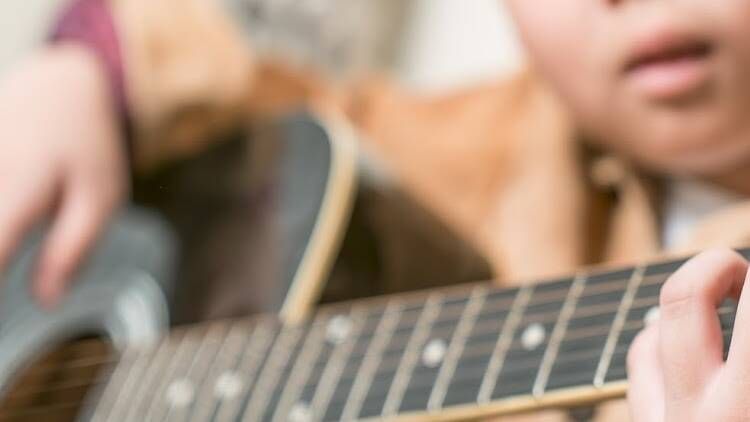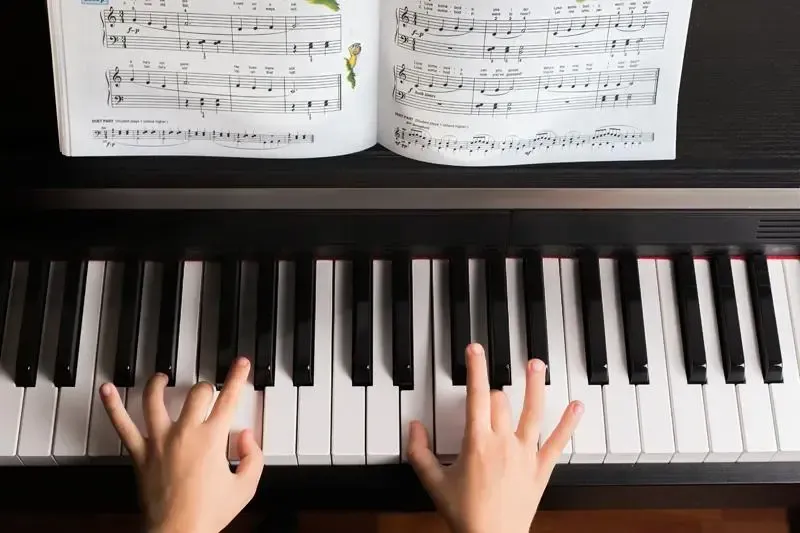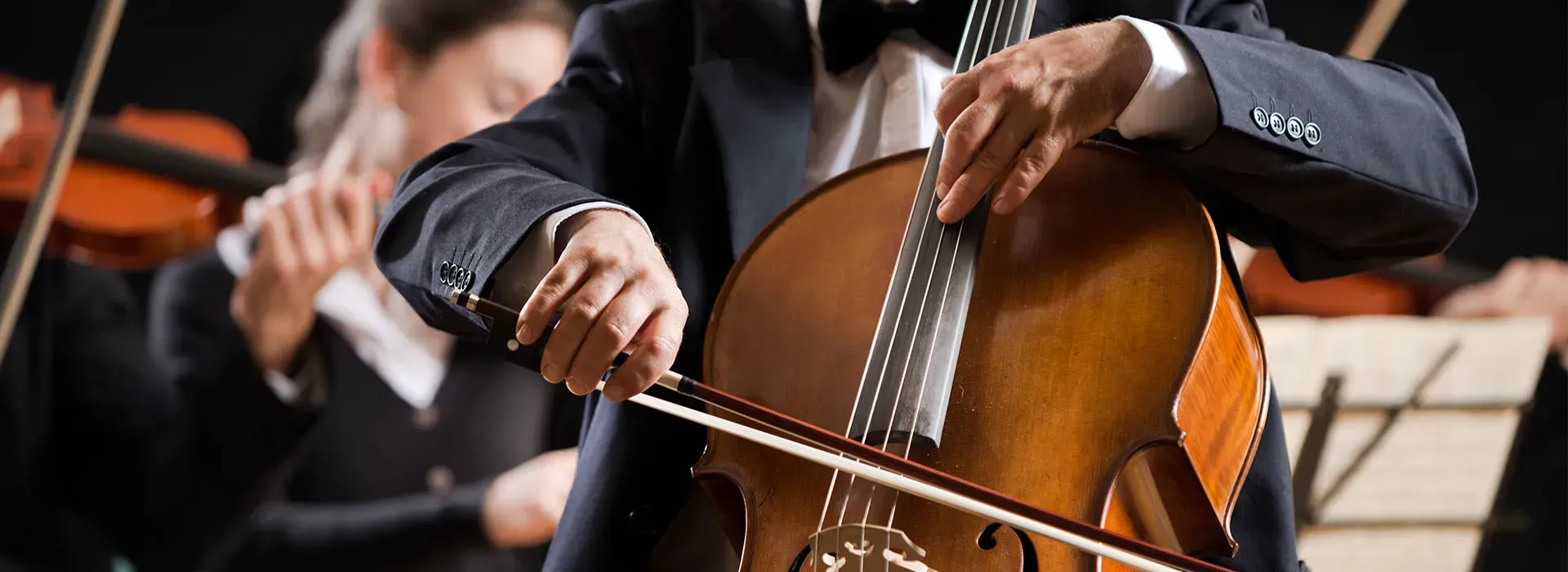The Role of Parents in Local Piano Lessons: How to Support Your Child's Learning
As a parent, you're wearing a lot of hats. Chef, chauffeur, homework helper, and now... music supporter? If you've been Googling "piano lessons near me" or "piano lessons in San Diego," you're probably wondering how on earth you're going to add "piano parent" to your already mile-long list of responsibilities.
But don't worry! Supporting your child's musical journey doesn't have to be a chore. In fact, it can be a pretty rewarding experience for both of you.
Finding the Right Instructor
Remember how picky you were when you were dating? Well, finding the right piano teacher deserves just as much consideration. When you're searching for "piano lessons near me," don't just settle for the first option that pops up. Take your time to find someone who clicks with your child. And if you're looking for "piano lessons in San Diego," you're in luck - the city's full of talented teachers who can strike the right chord with your budding musician.
Creating a Supportive Practice Environment: No, You Don't Need a Concert Hall
Carve Out a Practice Nook
You don't need to renovate your house to create a practice space. A quiet corner with good lighting will do just fine. Just make sure it's:
- Comfortable enough that your child won't use "my back hurts" as an excuse to skip practice
- Free from distractions (sorry, no TV in the background!)
- Equipped with a decent instrument (if it sounds like a dying cat, your neighbors might complain)
- Stocked with essentials (sheet music, metronome, and maybe some earplugs for you)
Routine is Key (But Don't Be a Drill Sergeant)
Help your child stick to a practice schedule, but remember - you're not running a military camp. Try to:
- Find a time that works for both of you (early morning practice might sound good in theory, but let's be realistic)
- Keep sessions frequent but short enough that your child doesn't start eyeing the piano with dread
- Be flexible when life gets busy (because it will)
Get Involved (But Don't Hover)
Sit In on Lessons (Sometimes)
Dropping in on your child's piano lessons can be eye-opening. Whether it's "piano lessons near me" or "piano lessons in San Diego," you'll get to:
- See what the teacher's actually teaching (and maybe learn a thing or two yourself)
- Figure out how to help with practice at home (without driving your child crazy)
- Spot any struggles your child might be too shy to mention
Be Their Biggest Fan (But Not Their Only Audience)
Show interest in your child's practice, but don't go overboard. You can:
- Ask for a mini-concert now and then (applause is mandatory)
- Chat about what they're learning (even if you don't understand half of it)
- Praise effort more than perfection (because let's face it, "Chopsticks" isn't going to sound like Mozart overnight)
Make Music Fun (Because if It's Not, What's the Point?)
Expand Their Musical Horizons
Help your child discover the joy of music beyond their lessons:
- Hit up some concerts together (and not just the stuffy classical ones)
- Play different styles of piano music at home (yes, even that pop song they can't stop humming)
- Share some cool music facts (did you know Mozart wrote his first piece at five years old? Talk about pressure!)
Give Them the Spotlight
Look for opportunities for your child to show off their skills:
- Family gatherings (Grandma will love it)
- School events (instant cool points with teachers)
- Community recitals (time to shine!)
- Online platforms (because if it's not on social media, did it even happen?)
Talk to the Teacher (They Don't Bite, Promise)
Keep the lines of communication open with your child's piano teacher. It helps to:
- Stay in the loop about your child's progress (and find out if those "practice sessions" while you're at work are actually happening)
- Bring up any worries before they become big issues
- Get tips on how to help at home without turning into the practice police
Balancing Act: Push, But Don't Shove
Set Goals (But Keep Them Real)
Work with your child and their teacher to set achievable goals. Think:
- Mastering a piece without wanting to set the piano on fire
- Improving skills without inducing tears
- Participating in recitals without fainting from stage fright
Celebrate the Little Wins
Notice and cheer for your child's efforts, no matter how small. It can:
- Boost their confidence (because we all need that sometimes)
- Keep them motivated (even when "Für Elise" sounds more like "Für Yikes")
- Help them actually enjoy playing (imagine that!)
When the Going Gets Tough (And It Will)
Turn Frustration into Fuel
Learning an instrument is hard. Help your child push through the tough times by:
- Encouraging a "I can do this" attitude (even if it takes a million tries)
- Breaking down tricky parts into bite-sized pieces
- Reminding them that even piano legends started somewhere (and probably hit a lot of wrong notes along the way)
Keep It Positive (Even When You Want to Hide the Piano)
Your attitude is contagious. Stay upbeat about piano lessons, even when progress feels slower than a snail race.
Wrapping It Up
Being a piano parent isn't always easy, but it's definitely worth it. By creating a positive environment, staying involved (without being overbearing), and keeping things fun, you're setting your child up for a lifelong love of music.
Whether you found "piano lessons near me" or lucked out with amazing "piano lessons in San Diego," remember that your support is the real key to your child's success. Who knows? With your encouragement, your little pianist might just be the next Mozart... or at least someone who can play more than "Happy Birthday" at family gatherings!

